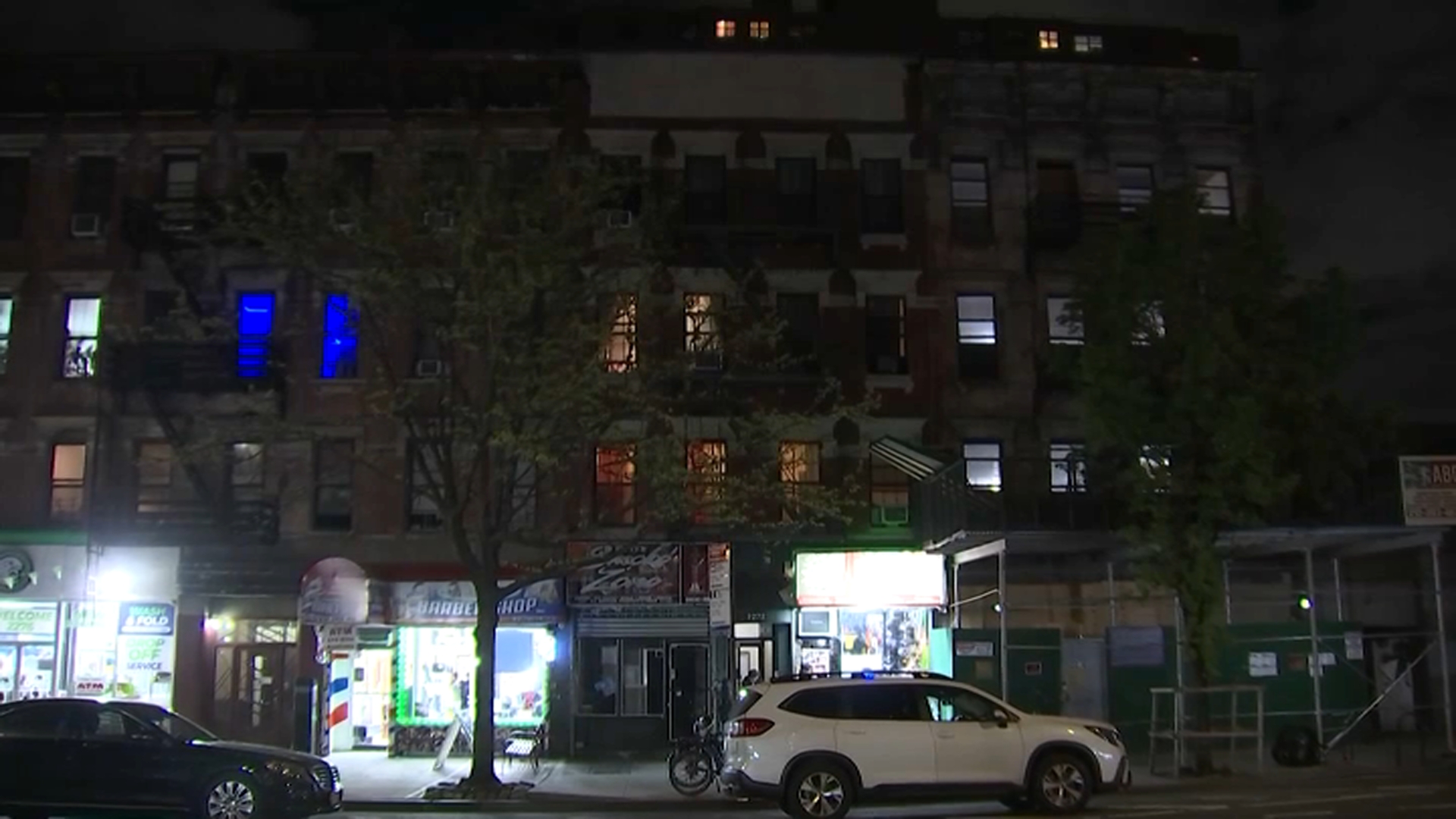No politician likes to talk about his or her affiliations with deep-pocketed industries viewed as lying robber barons by much of the American republic. Kirsten Gillibrand is no exception.
Gillibrand now lays claim to the U.S. Senate seat vacated by Secretary of State Hillary Clinton, but way back when – before she even was a Gillibrand – Kirsten was a young, ambitious lawyer within the Manhattan firm of Davis Polk & Wardwell.
Hard-working and highly regarded, Gillibrand – then Kirsten Rutnik – was tapped in 1996 to represent the Phillip Morris Company as it defended itself against allegations by a seething Justice Department that it had lied on the stand about the perils of smoking, according to The New York Times.
Gillibrand spent significant time interviewing top laboratory scientists in Germany on the dangers of smoking, but her findings were largely shielded from the media. She also worked with Phillip Morris on key strategy during a Justice Department investigation into whether industry executives had perjured themselves before Congress by swearing they didn’t believe smoking was addictive or there was a link between cigarettes and cancer, according to The Times. It was a momentous victory for the tobacco industry, but as The Times reports, “not one that Ms. Gillibrand is eager to discuss.”
Gillibrand downplays her role as a lawyer for the tobacco industry by saying she was a junior associate at the time and didn’t have much involvement or role in the tobacco’s defense. But the eight-page New York Times article documents that she did.
The paper had scheduled an interview with Gillibrand to talk about big tobacco, but she ended up canceling through a spokesman.
If your involvement was so limited, Sen. Gillibrand, why not talk about it?
Local
“Nobody would want to live in a world in which lawyers are judged by the clients they take,” Todd Henderson, a University of Chicago Law School assistant professor, told The Times.
Fine, but this is a judgmental world. Why cancel an opportunity with one of the leading newspapers in the country to clear the air?
A former smoker, Gillibrand accepted nearly $20,000 in campaign donations from the tobacco industry in her most recent congressional campaign, according to The Times, which notes that many congressional Democrats do not take money from big tobacco.



